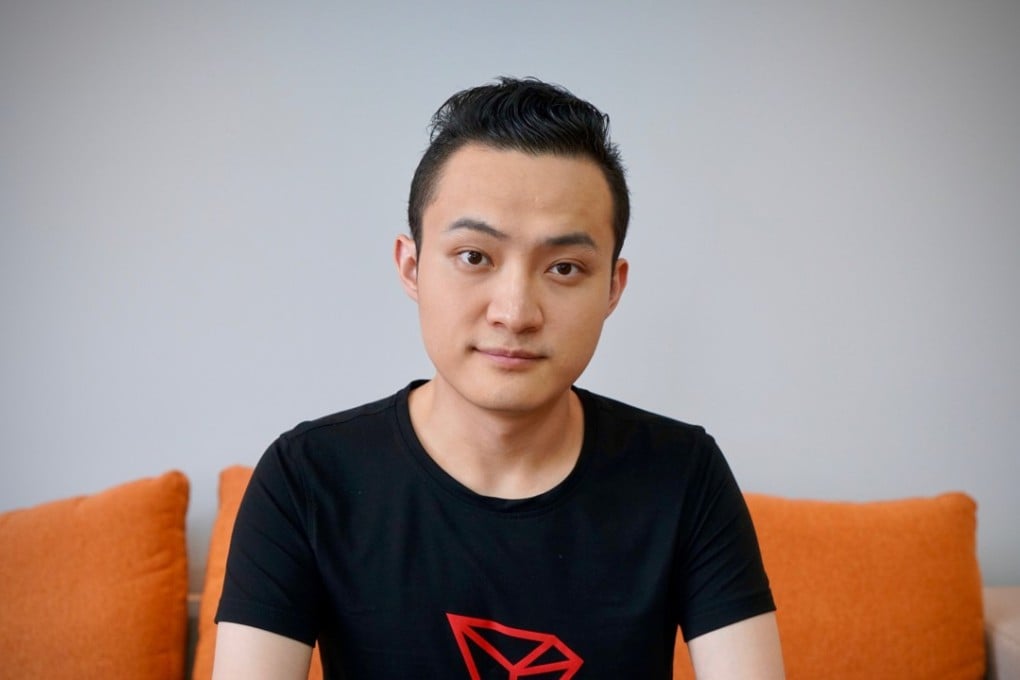Tron is cashed up with US$70 million from a coin sale before China’s ICO ban. Where is it going?
Chinese regulators brought the boom down on ICOs last September, driving scores of token issuers to Hong Kong and Japan. Tron is one of several coin issuers that’s thriving and investing with the money they’ve raised

Justin Sun Yuchen, the 28-year-old founder of Tron Foundation, has just moved into a new office in Beijing’s tech hub Zhongguancun and is already plotting the next move: setting up the blockchain start-up’s first office in India.
Such expansion ambition might have been unthinkable nine months ago when China banned initial coin offerings (ICO) fundraising and ordered the shutdown of local cryptocurrency exchanges. Tron was fortunate to have completed its ICO just before the ban came into effect, raising US$70 million.
After the ban was announced, Tron returned funds collected from mainland Chinese investors. “It’s [the clampdown] taken the heat off [the market]. It’s now more sensible,” said Sun in an interview with the South China Morning Post.
“It’s better for the industry. Most firms followed the ruling from the government. It didn’t trigger anything bad, if there had been a financial risk then it [the ban] would have solved it,” Sun said.
Explainer: What is an ICO, and why is China’s central bank banning it?
Chinese regulators brought the boom down on ICOs last September, driving scores of token issuers to Hong Kong and Japan, among other jurisdictions that have a more benign view on the disruptive form of fundraising. Tron is one of several coin issuers like Up.Live’s developer Asia Investments, that appear to be thriving and investing with the money they’ve raised from their ICOs.
But there is little sign that the ICO gold rush is fading away. There were 537 ICOs globally in the first five months, raising a total of US$13.7 billion, nearly double the whole of 2017, according to a June report by Crypto Valley Association with PwC’s strategy and consulting division Strategy&.